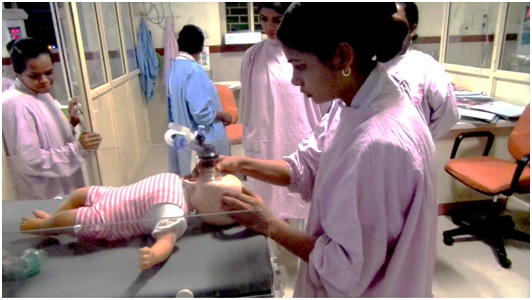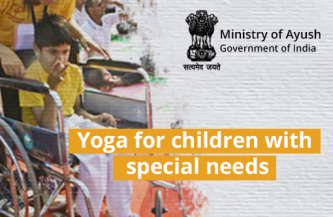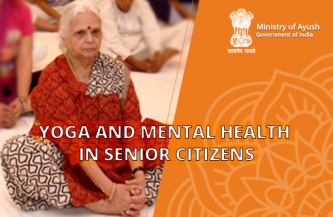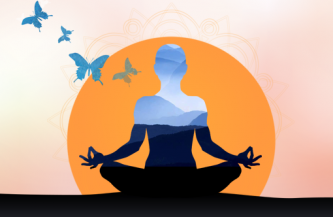NeoBreathe: Because saving lives should be simple

Five out of hundred babies are unable to breathe at birth. Fortunately, most of them can be saved using a procedure called basic resuscitation. Yet, we lose 800,000 babies globally every year to this treatable condition, because basic resuscitation is difficult to perform. While the global focus remains on extensive training, Windmill Health, has developed an easy-to-use resuscitation system that empowers care-givers across the developing world to save lives of newborns.
NeoBreathe is the world’s first foot operated newborn resuscitation system. It is also the first one to have an integrated suction functionality in the same device.
Faced with a baby that’s not able to breathe, operators have 60 seconds (i.e. the first golden minute) to perform a series of complex tasks, such as giving artificial breaths and cardiac massage.
Giving artificial breaths using bag-mask occupies both hands of the operator, and therefore another person is required for cardiac massage.
NeoBreathe being foot operated, frees one hand of the operator and as a resulta single person can perform complete CPR. It also makes itsignificantly easier to effectively deliver life-saving breaths – as one free hand allows two handed mask holding. This has been shown to halve the face mask leakage, which in essence means more lives saved, across more centers, more easily.
In addition, NeoBreathe offers several advanced features, which were hitherto available only with much expensive equipment these include enhanced pressure safety, real-time pressure monitoring, PEEP for small babies, regulation of oxygen delivered.


Journey of Windmill Health
Indians are heading some of the most innovative organizations across the globe. Yet, we imports 85% of or medical devices. In order to address this gap, The Department of Biotechnology started the Stanford India Biodesign Program, which is has now paved way for the School of International Biodesign at AIIMS.
Founders of Windmill Health Avijit Bansal and Ayesha Chaudhary were fellows of the Stanford India Biodesign Program in 2011. They spent 6 months at Stanford University, California and a year at AIIMS. It was at AIIMS that NeoBreathe was first conceptualized. Senior faculty from AIIMS, Stanford University and IIT Delhi are co-inventors of the device. Department of Biotechnology, Govt. of India owns the Intellectual Property for the invention. Windmill Health was founded to commercialize the device, and the company has received several coveted grant awards like those from the Bill and Melinda Gates Foundation, Grand Challenges Canada, US India Science and Technology Endowment Fund, Villgro Innovations Foundation, and the Biotech Ignition Grant from Department of Biotechnology.
Consistent support from AIIMS and Department of Biotechnology has greatly helped move this global first innovation into the real world. The device has been built in compliance with all applicable European standards, has been shown to significantly improve effectiveness and ease of resuscitation (poster presented at PAS, Baltimore), and received a very enthusiastic response from early adopters in both private and public sectors across 6 states. Several forward looking state Governments have also shown interest in adopting the technology for Primary Health Centers. A full scale commercial launch is planned later in 2016.
Indian Innovations like NeoBreathe that are helping save lives are proof that the ‘Start-up-India’and ‘Make-in-India’ are not just schemes. Instead, they are movements ignited the Prime Minister, and fueled by young Indians. They are harbingers of a silent revolution that’s beginning to transform real lives, even as myriad issues continue to dominate the limelight.
. We in India, have used international products for far too long. The spirit of Start-up India says, we need to make products that the world uses and knows us by.With continued support from the government and the ecosystem, NeoBreathe aims to do precisely that by changing the way newborns are resuscitated across the world.
(With inputs from Dr. Avijit Bansal, Co-founder, CEO Windmill Health)





